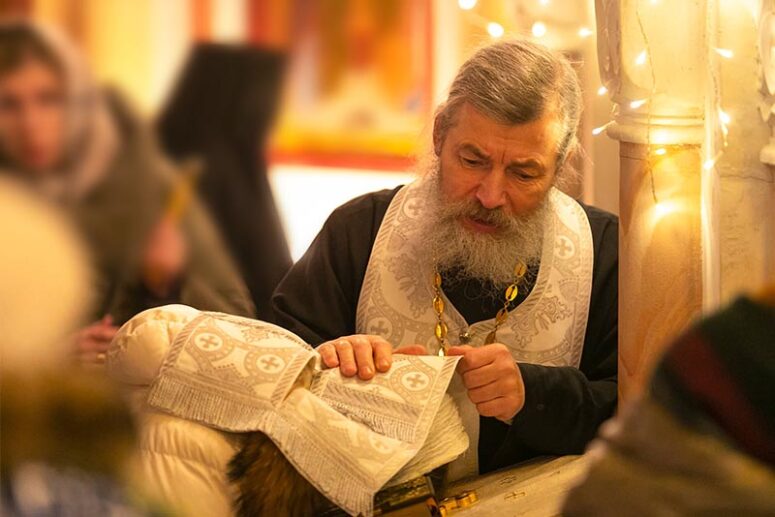
What steps should one take after committing sins that weigh heavily on the conscience, leading to avoidance of confession? It’s a dilemma faced by many, marked by a deep sense of shame towards one’s parish priest and the act of confession itself. Is seeking absolution from an unfamiliar priest in a different church a viable solution, or should one confront this internal struggle head-on? How detailed must one be when confessing such sins, and why is it crucial not to postpone confession?
Archpriest Konstantin Lisnyak, dean of the Soledar district, addresses these concerns:
The crux of this issue often lies in deceitful shame, a barrier particularly common among newcomers to the faith, those taking their initial steps on their spiritual journey. This fear of confession can lead to avoidance of church attendance within one’s own community. It’s not uncommon for individuals, regardless of their status or societal role, to feel apprehensive about participating in services locally, opting instead for the anonymity of distant monasteries to confess their most burdensome sins. They might undertake severe penances there, only to return to their regular priest with a superficial confession that glosses over the specifics of their actions, summarizing their sins as committed “in deed, word, and thought.”
Such behavior reflects a form of deceit, a strategy to sidestep full accountability before God and the sanctity of the sacraments. The advice here is straightforward: eschew dishonesty with both God and oneself. The sacrament of confession should not be approached with evasion but with sincerity and openness.
Guidance for Approaching Confession with Grave Sins
When grappling with the aftermath of serious sins and contemplating confession, several key considerations emerge:
- Confession Does Not Require Details: It’s vital to understand that detailing sins is unnecessary and, in some cases, inappropriate. Certain clergy, in their inquiries for specifics, may inadvertently encourage sin, especially during the confessions of the young. The holy fathers caution against detailing shameful sins, advising instead that they be acknowledged simply and directly. For instance, one may admit to fornication or adultery without delving into the specifics of how, when, and with whom. The intricacies of sin are beyond the priest’s purview and should remain unexplored.
- The Importance of Regular Confession: Maintaining a consistent practice of confession and Holy Communion is crucial. Frequent participation helps prevent the development of barriers to confession. Human nature is such that unused faculties diminish over time. The gap between sinning and confessing can harden the heart, leading to a state the Holy Fathers termed “stony insensitivity,” i. e., absolute indifference. To avoid this, sin should be followed promptly by repentance.
- Preparation for Confession: Approach confession as you would a doctor’s appointment. Withholding symptoms from a doctor prevents accurate diagnosis and treatment, just as omitting sins from confession impedes spiritual healing. Remember, priests, seasoned in their ministry, are familiar with the breadth of human frailty and sin and are unlikely to be taken aback by your confessions.
- The Priest as a Guide, Not a Judge: If your priest embodies the qualities of a genuine and understanding shepherd, he will welcome your efforts to confess and receive God’s grace. Imagine confession as the cleansing of a neglected room, transforming it into a space fit for living and working. The Lord is already aware of your sins; confession is your dialogue with God, with the priest serving merely as a witness to your repentance. Do not elevate the priest to an unrealistic pedestal of holiness or fear him; he, too, is human, albeit with greater responsibilities.
In essence, hiding from God, as Adam did after the fall, is futile. Instead, step forward with the admission, “Yes, I have sinned, I am guilty! Forgive me, I repent!” In doing so, you open yourself to the divine assistance necessary for life’s amendment.
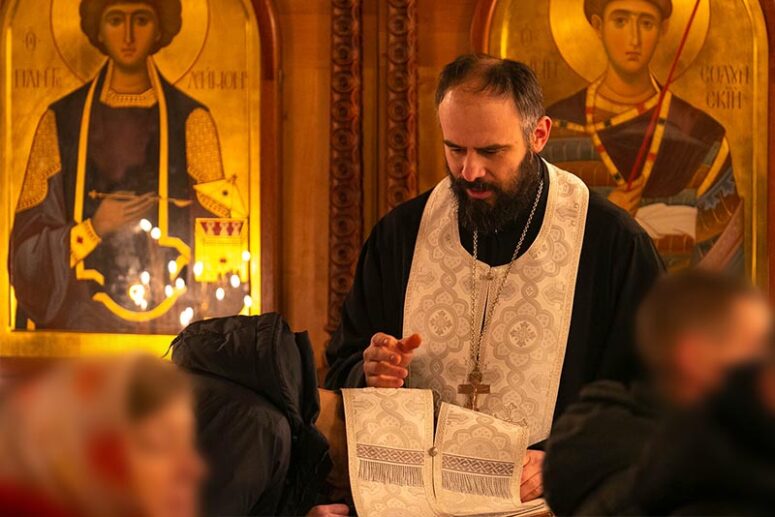
Seeking Confession with another Priest: Charting Spiritual Guidance
Faced with the dilemma of confessing grave sins, especially when the parish priest is a close acquaintance, one might ponder the appropriateness of seeking absolution from a different priest. This situation necessitates choosing the lesser of two evils. If the barrier to confession is insurmountable due to personal connections, seeking another priest becomes a practical solution. However, this approach should be evaluated through the lens of spiritual maturity.
For those at the nascent stages of their spiritual journey, a degree of leniency can be afforded. It’s permissible, under such circumstances, to confess elsewhere. Yet, this should not become a habitual escape, as it verges on duplicity before God. Mature believers recognize that such evasion mirrors the incoherence of spiritual infancy.
It’s crucial to remember that confession isn’t about enumerating sins with precision or employing theologically precise terminology. True confession emanates from a heart of genuine contrition, an internal state known to God. Often, a simple but heartfelt acknowledgment of sin, “I have sinned before God, I repent,” suffices. The essence of confession is preceded by the laborious process of repentance—a journey of recognizing, lamenting, and forsaking sin, leading to a profound self-repudiation of one’s transgressions.
Repentance is the lengthy preamble to the brief moment of confession, a transformation already underway before one speaks to the priest. The culmination of this spiritual journey is the priest’s pronouncement of absolution, a moment that transcends the spoken words to touch the penitent’s soul deeply.
This process is illustrated by the story of an officer who, overwhelmed by his sins, claimed indifference to shame. Yet, when asked to publicly confess before the congregation, he found himself moved to tears by their empathetic response. This poignant moment underscores that confession is less about the specifics and more about the sincerity and remorse that animate the act of seeking forgiveness.
Embracing Confession without Reserve: The Path to Spiritual Renewal
The act of confession transcends the mere disclosure of actions; its essence lies in the contrition of the heart. A person’s detailed account of sin, devoid of genuine remorse, does not constitute true repentance. Confession is not just recounting events; it is a profound sacrament and a divine grace, a process of spiritual cleansing akin to a second baptism as described by some holy fathers. Thus, approaching confession as a mere formality empties it of its sacred purpose.
To those burdened by serious or humiliating sins, courage, heartfelt repentance, and consistent confession are crucial. For individuals hesitant to confess out of shame, the real challenge is spiritual maturity. As one progresses in their spiritual journey, the fear of judgement—either from the priest or others—diminishes. The true fear should be of sin itself and the complacency of remaining in a “muddy” state without striving for purification.
Confession should be seen as a liberating opportunity to cleanse one’s soul, not as an ordeal of judgement. It’s a healing process, akin to a medical treatment where the physician does not berate the patient for their ailment but focuses on the path to recovery. Similarly, a priest does not judge or punish but seeks ways to assist and rejoices in the penitent’s desire for repentance.
In essence, confession is about honesty with oneself and God, about seeking redemption and opening the heart to divine mercy, a critical “medical procedure” for the soul where the ultimate goal is healing and transformation. It’s a step towards spiritual growth, a chance to rise from the mud of sin and embrace the grace offered by God.
Translated by The Catalogue of Good Deeds
Source: https://gorlovka-eparhia.com.ua/chto-delat-esli-posle-tyazhyolyh-i-postydnyh-grehov-stal-izbegat-ispovedi/

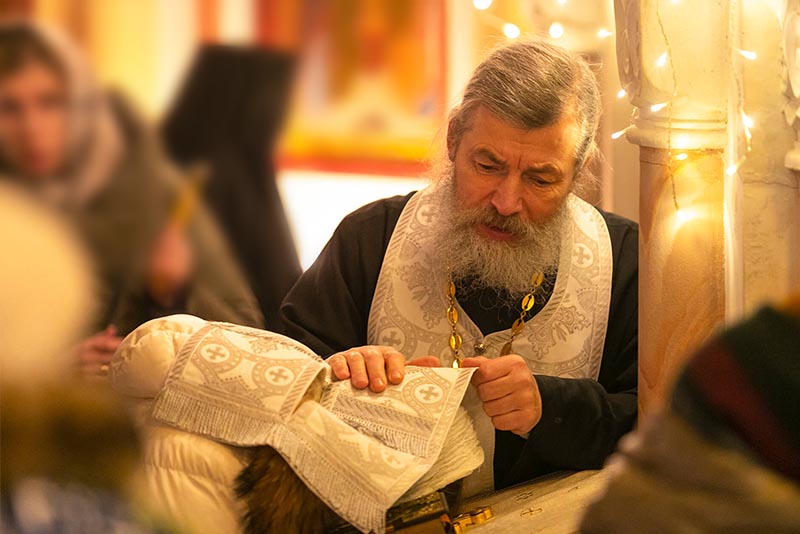
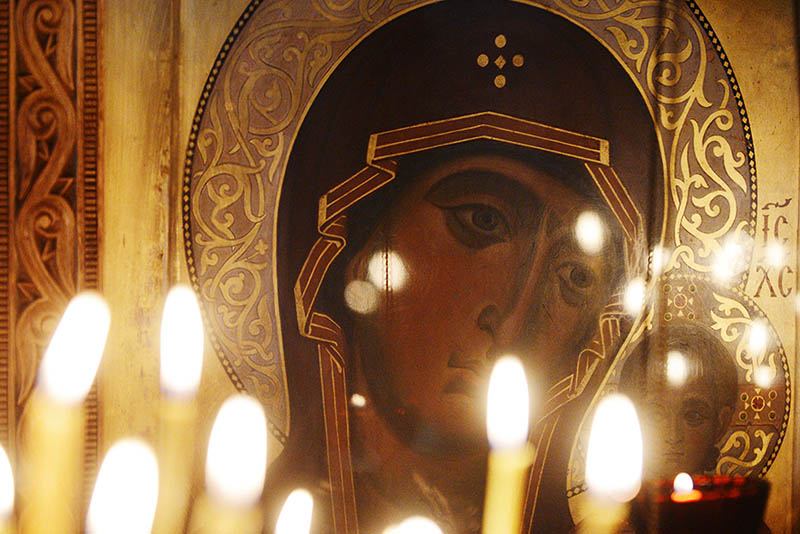
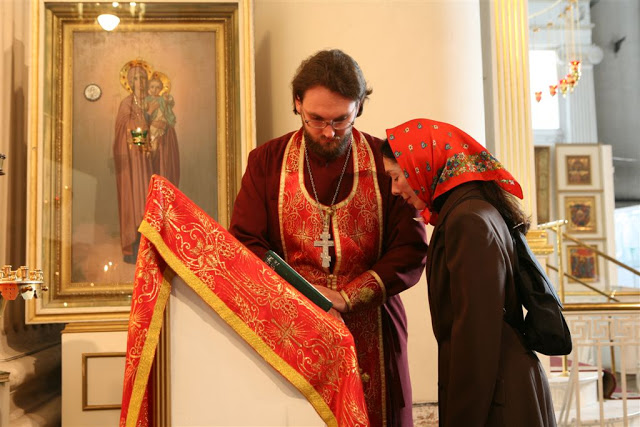
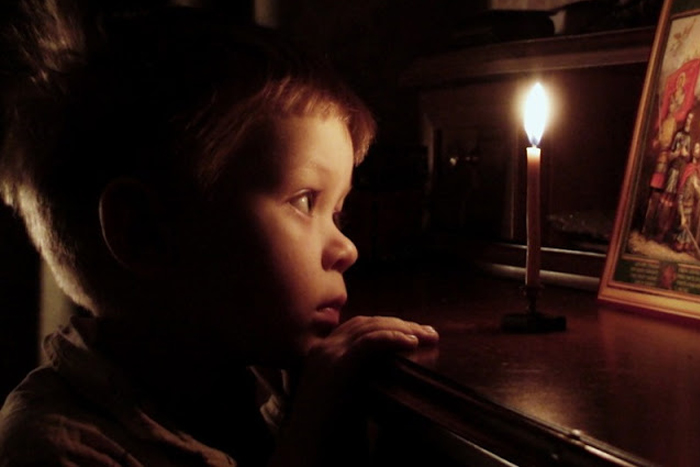
This was a very helpful article – thank you!
Wonderful article, most helpful.
This has been more helpful to me than you can imagine. Being a new convert to Orthodoxy I have been rather confused about how to confess. Here you make it straightforward and simple. You have addressed every little thing I have not been sure about. Thank you do much. May God bless you.